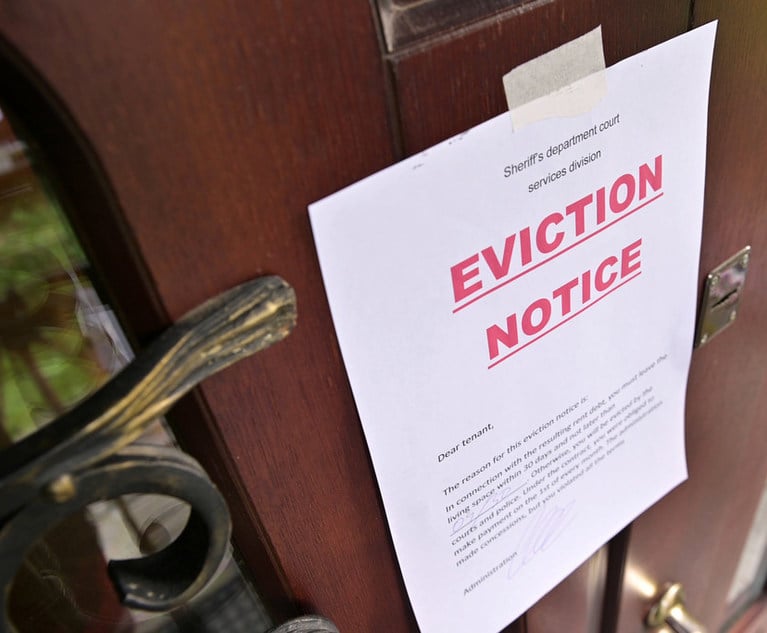A recent decision of the Appellate Division, First Department, Krodel v. Amalgamated Dwellings, Inc., 166 A.D.3d 412, 88 N.Y.S.3d 31 (2018) inspires us to re-examine New York’s doctrine about recovering attorney fees in litigation. Krodel itself explores a corner of the “American Rule” that holds that one cannot recover attorney fees from an adversary in litigation absent an authorizing statute, rule, or contract, and finds that under certain circumstances, contract provisions authorizing the fees are unconscionable. With that boundary point established, older case law fills in when such contract clauses will receive enforcement.
American Rule
Under the American Rule, “attorneys’ fees and disbursements are incidents of litigation and the prevailing party may not collect them from the loser unless an award is authorized by agreement between the parties or by statute or court rule.” Matter of A.G. Ship Maintenance Corp. v. Lezak, 69 N.Y.2d 1, 5, 503 N.E.2d 681, 511 N.Y.S.2d 216 (1986). In landlord tenant litigation, one of the richest sources of attorney fee law, some few statutes award attorney fees in particularized situations, such as RPL §227-d that awards such fees for housing discrimination against victims of domestic violence; RPL §237-a awarding the fees to victims of discrimination against children in housing; and RPL §226-b awarding the fees to a tenant when a landlord has unreasonably withheld consent to a residential subletting.


 Dov Treiman
Dov Treiman




